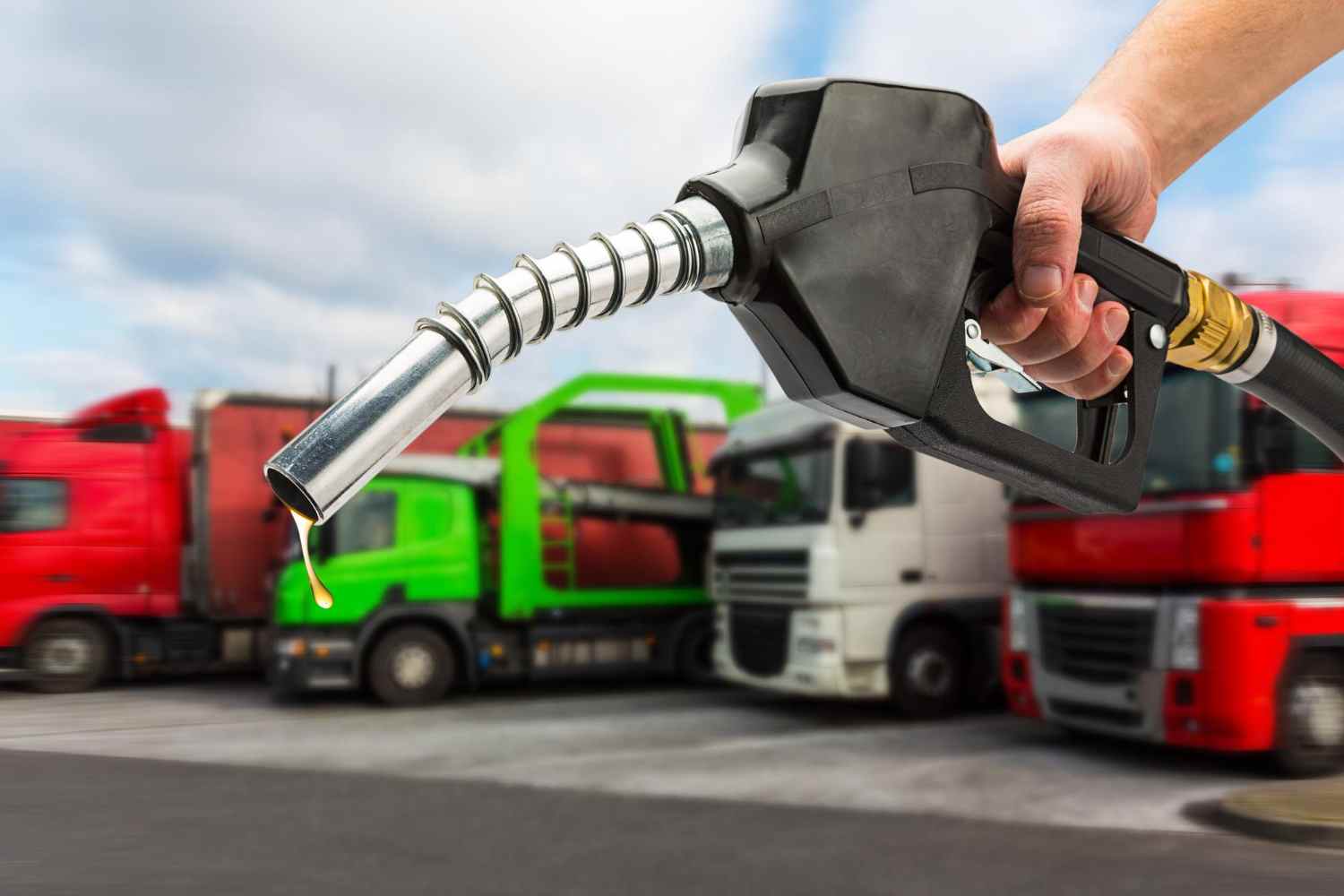Liquefied Petroleum Gas (LPG) is a popular and convenient fuel used in households, restaurants, and industries across the UK. From cooking to heating, LPG cylinders provide a reliable energy source. Still, proper storage is essential to ensure safety. Mishandling or improper LPG storage can lead to accidents such as fires, explosions, or gas leaks. This comprehensive guide explains everything you need to know about storing gas cylinders at home, LPG safety, and best practices for storing LPG cylinders.
Understanding LPG Cylinders
An LPG cylinder or LPG bottle is a pressurised container filled with liquefied petroleum gas. It is a mixture of propane and butane and is widely used because it burns cleanly and efficiently. The cylinders are designed to withstand high pressure, but incorrect handling or storage can compromise their safety.
Cylinders come in various sizes, from small 5kg bottles for portable camping stoves to larger 47kg bottles used in restaurants or heating systems. Regardless of the size, the principles of safe LPG gas storage remain the same.
Why Proper LPG Storage Is Important
The main risks associated with LPG include:
- Fire and Explosion: LPG is highly flammable. A leak in a confined area can lead to fire or explosion if it comes into contact with a spark.
- Asphyxiation: Gas leaks can displace oxygen in enclosed spaces, posing a suffocation risk.
- Environmental Damage: While LPG is cleaner than some fuels, a leak can still contribute to air pollution.
Proper storage of gas bottles helps reduce these risks and ensures that your cylinders remain in good condition for long-term use.
Legal Requirements for LPG Storage
In the UK, LPG storage is regulated to ensure safety. Key points include:
- The Health and Safety Executive (HSE) provides guidelines for the maximum number of cylinders allowed for domestic and commercial use.
- Cylinders must be stored upright on a flat, stable surface.
- The storage area should be well-ventilated and away from sources of heat, sparks, or flames.
- Regular inspections are required to check for rust, damage, or leaks.
Failing to comply with these regulations can result in fines, penalties, or increased risk of accidents.
Best Practices for Storing LPG Cylinders at Home
Proper LPG safety starts with how you store your cylinders at home. Here are some key tips:
Store Cylinders Upright
Always keep your LPG cylinder upright. This ensures that the gas valve functions correctly and reduces the risk of leaks.
Choose a Ventilated Location
Avoid storing cylinders in enclosed spaces such as cupboards, basements, or sheds without ventilation. A well-ventilated outdoor area is ideal.
Keep Cylinders Away from Heat Sources
Maintain a safe distance from radiators, stoves, heaters, and direct sunlight. Heat can increase pressure inside the cylinder, potentially causing a dangerous release of gas.
Use Protective Caps and Covers
When cylinders are not in use, secure the valve with a protective cap. This prevents accidental opening and protects the cylinder from damage.
Avoid Storing Near Electrical Equipment
Sparks from electrical devices can ignite LPG. Keep cylinders away from power tools, outlets, or electrical switches.
Check for Leaks Regularly
Use soapy water to inspect the valve and connections for leaks. Bubbles forming indicate a gas leak, and the cylinder should be serviced or replaced immediately.
Is It Safe to Keep Gas Cylinders Outside?
Many homeowners wonder whether it’s safe to keep a gas cylinder outside. The answer is yes, provided certain precautions are followed:
- Ensure the cylinder is in a shaded, well-ventilated area.
- Place it on a flat, non-combustible surface, such as concrete or brick.
- Keep it away from areas where children or pets play.
- Avoid areas prone to flooding or heavy water exposure.
Outdoor storage is generally safer than indoor storage, as it reduces the risk of gas accumulation in the event of a leak.

How to Store Multiple LPG Cylinders
For households or commercial users with multiple cylinders, proper LPG cylinder storage is even more critical:
- Store cylinders in groups of no more than the legal limit as specified by HSE.
- Maintain space between cylinders for ventilation and access.
- Use metal cages or storage cabinets designed specifically for LPG cylinders.
- Avoid stacking cylinders directly on top of one another.
This approach helps prevent accidents and ensures easy inspection and replacement.
Tips for Long-Term LPG Gas Storage
If you don’t plan to use a cylinder for an extended period, these additional tips will help maintain its safety:
- Store the cylinder away from direct sunlight to avoid pressure build-up.
- Keep it dry to prevent rust or corrosion.
- Ensure the valve is closed tightly.
- Avoid storing near combustible materials like wood, paper, or fuel.
Proper long-term storage ensures that the LPG bottle remains safe and usable for years.
Common Mistakes in LPG Storage
Many accidents occur due to simple mistakes. Avoid the following:
- Lying cylinders on their side: increases the risk of leaks.
- Storing indoors without ventilation: leads to the accumulation of gas in case of a leak.
- Placing cylinders near flames or heaters: significantly increases fire risk.
- Ignoring rust or damage: compromised cylinders can fail under pressure.
By being aware of these pitfalls, you can significantly reduce risks associated with storing gas cylinders.
LPG Safety Equipment
To enhance safety, consider using additional equipment:
- Gas leak detectors: alert you to escaping gas early.
- Cylinder stabilisers or stands: keep cylinders upright and secure.
- Protective cages or lockers: prevent unauthorised access and tampering.
- Signage: clearly mark areas as containing LPG cylinders for awareness.
These measures are especially important in commercial or shared storage areas.
LPG Cylinder Storage in Commercial Settings
For businesses that use LPG, such as restaurants, hotels, or workshops, following best practices for LPG cylinder storage is mandatory, not optional.
- Follow legal limits for cylinder quantity.
- Ensure fire safety measures, such as fire extinguishers, are accessible.
- Conduct regular staff training on LPG handling and emergency procedures.
- Keep emergency shut-off valves and gas isolation points clearly marked.
Proper storage in commercial settings reduces risk to employees, customers, and property.
Emergency Procedures for LPG Cylinders
Even with proper storage, accidents can happen. Knowing what to do in an emergency is crucial:
- Detect a Leak Early: Use your nose or a gas detector. LPG has a distinct smell due to added odorants.
- Evacuate the Area: If a leak occurs, remove people and pets immediately.
- Do Not Ignite Flames or Sparks: Avoid smoking, switching on lights, or using electrical devices.
- Shut Off the Cylinder Valve: If safe, turn off the cylinder at the source.
- Call Emergency Services: Contact the fire brigade if the leak cannot be safely contained.
These procedures are essential for both domestic and commercial users to minimise risk.
Environmental Considerations
While LPG is cleaner than coal or oil, improper storage can still pose environmental hazards. A leaking cylinder can release propane or butane into the atmosphere, contributing to greenhouse gas emissions.
Proper LPG storage and regular inspection of cylinders ensure gas is contained and used efficiently, reducing environmental impact.
Choosing the Right LPG Cylinder Storage Solutions
Modern storage solutions make it safer to keep cylinders at home or in commercial spaces:
- Ventilated lockers or cabinets: specially designed to store multiple cylinders safely.
- Cylinder cages: prevent tampering while allowing airflow.
- Wall-mounted brackets: keep smaller cylinders secure and upright.
When selecting storage solutions, always consider space, ventilation, and access, and choose products certified to meet UK safety standards.
Conclusion
Safe LPG cylinder storage is crucial for protecting lives, property, and the environment. Whether you are storing gas cylinders at home or in a commercial setting, the key principles remain the same: cylinders should be upright, ventilated, away from heat sources, and regularly inspected.
Following proper LPG safety guidelines ensures that your gas supply remains reliable and safe. With correct storage, you can enjoy the convenience of LPG without the associated risks. 123 Oil provide guidance and high-quality cylinders to help you implement safe and compliant storage solutions.
By taking these precautions seriously, you can prevent accidents, protect your family, and ensure that your LPG cylinders are ready for use whenever needed.
Frequently Asked Questions
Yes, as long as it is upright, on a flat surface, shaded, ventilated, and away from heat sources or flood-prone areas.
Keep them upright in a well-ventilated area, away from flames, electrical devices, and combustible materials, and regularly check for leaks.
Yes, but follow legal limits, maintain spacing for ventilation, and use certified storage cages or lockers.
Turn off the cylinder valve if safe, evacuate the area, avoid sparks, and call emergency services immediately.
If stored correctly, cylinders can last many years. Regular inspections for rust, damage, or leaks are essential to ensure safety.










